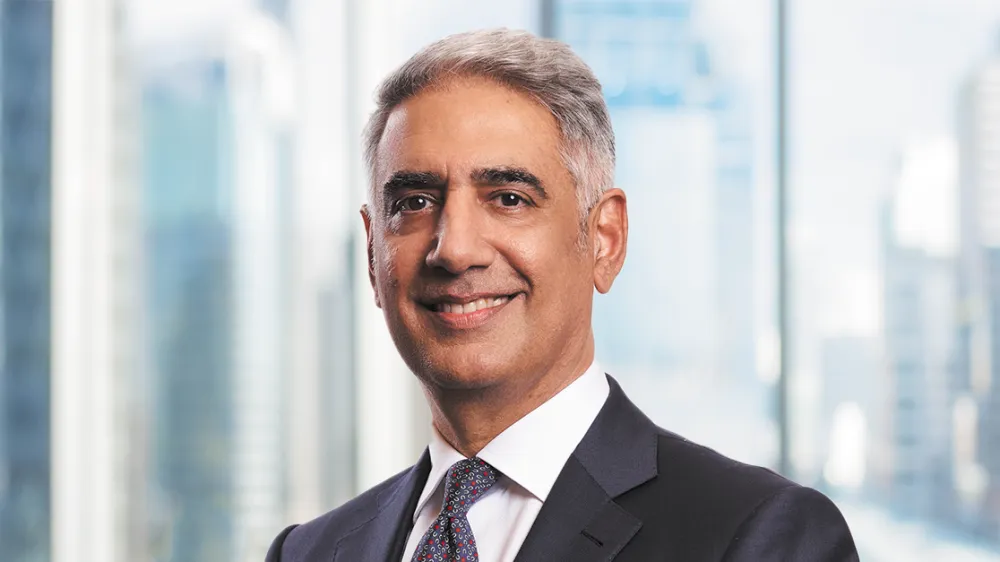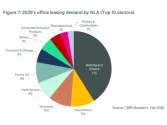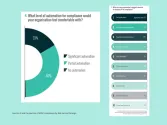
Majority in APAC prioritise sustainable healthcare amidst climate change
Nearly nine in ten recognised the interconnectivity between climate impact and health.
Around seven in 10 of respondents from the Asia-Pacific (APAC) region perceived sustainable health practices as an urgent priority, according to a Royal Philips report.
The report revealed that a majority (85%) of APAC respondents acknowledged the importance of adopting sustainable healthcare practices.
In line with this, nearly nine in ten recognised the interconnectivity between climate impact and health, whilst 49% believed combatting climate change and the negative impact of carbon dioxide emissions and hazardous waste as the top reasons they find sustainable healthcare important.
However, only 15% noted that these practices were being widely adopted in their respective countries.
When asked about their own adoption of sustainable healthcare practices, 36% perceived higher upfront costs as a top barrier.
Meanwhile, other challenges include data privacy and security concerns with digital technology and established habits making it difficult to adopt new practices.
“Whilst people recognise the vital role of environmentally sustainable initiatives in fostering long-term health and well-being, the gap between awareness and implementation calls for immediate attention,” Peter Quinlan, Managing Director of Philips APAC, said.
“As a healthcare industry, it is imperative that we harness these insights to drive meaningful change to forge a path where commitment towards sustainable healthcare aligns seamlessly with action,” Quinlan added.



















 Advertise
Advertise






